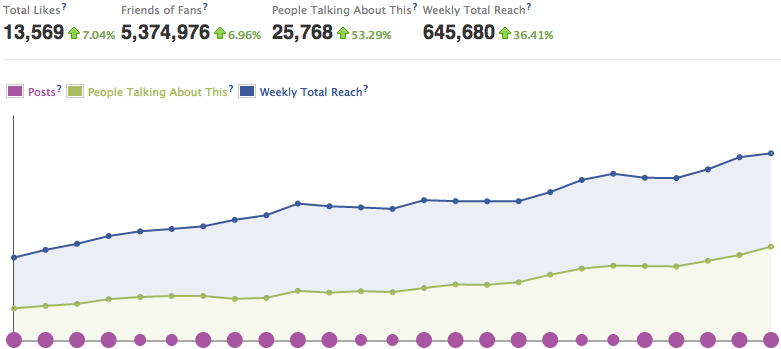 By now, most small businesses agree that they should invest in creating a social outlet for their consumers to engage with. The social experience provides a place for the consumer to communicate, shop, research and discover. However, according to Booz and Company research, most small businesses are not utilizing the tools and services properly to gain the desired results.
By now, most small businesses agree that they should invest in creating a social outlet for their consumers to engage with. The social experience provides a place for the consumer to communicate, shop, research and discover. However, according to Booz and Company research, most small businesses are not utilizing the tools and services properly to gain the desired results.
Both large and small businesses are now working toward three main goals: content development, community management, and real-time analytics. They are moving towards this goal with, of course, the help of major social media platforms like Facebook, Twitter, and YouTube. Booz and Company examines analytics and categorizes them into four levels of expertise. These four levels range from counting social media activity to achieving strategic business objectives, which is actually making the sale.
- Level 1: Reach • Businesses on this level understand the social reach of their brands. They know the basics like how many fans, followers, subscribers, visitors, and views they have. They also have the knowledge to see where, when, and the context of their brand being discussed.
- Level 2: Engagement • Businesses on this level have insight into activities in their communities. They are aware of what drives participation and amplification of their business. They learn from studying patterns of activity in comments, likes, shares, and take rates.
- Level 3: Advocacy • Most small businesses are stuck somewhere between the engagement and advocacy levels. Businesses in the advocacy level can identify and persuade user behaviors that are related with brand commitment. Users that show brand commitment are those who have intent to recommend, refer and re-share activity, comments and followers per user, brand favorability, consideration and preference.
- Level 4: Return on Investment • This return on investment level is reserved for the only most sophisticated companies. Only about 40% of companies have the metrics to measure ROI-focused key performance indicators. These indicators have features to show purchase intent, leads generated, conversion rates and actual sales.
For businesses it is becoming increasingly important to understand how to make use of social tools and services. By taking advantage of all of these social media services, businesses are able to improve upon their past content and its influence. When using all of these capabilities in conjunction with the major social platforms, it provides businesses with the ability to generate value by building lasting relationships with their consumers.


